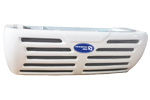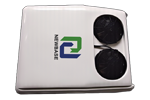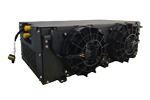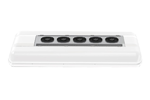Suspended particulates There are a wide range of airborne particulate pollution sources in automobiles. Industrial production emissions, automobile exhaust, food, and interiors are the main sources of pollution, including natural dust, industrial dust, textile velvet, pollen, etc. that belong to the categories of PM10 and PM2.5. Tobacco smoke, etc.
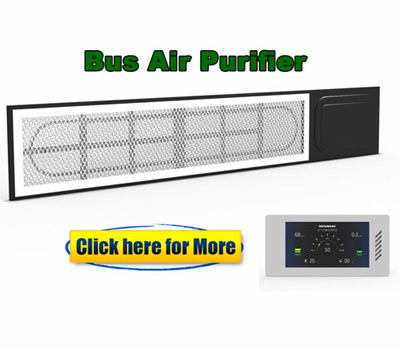
When suspended particles enter the car, people inhale dust, bacteria, pollen, and animal dander. The mild ones will cause symptoms such as sneezing, coughing, rhinitis, and asthma, and the severe ones may cause damage to important organs. According to the American Journal of Circulation Research, various suspended particulates, including automobile exhaust, cause great damage to the heart, and the smaller the volume of the particulates, the greater the harm. The total suspended particulate matter with a diameter of less than 0.18 mm, which is only 1% of the size of hair, can cause the deposition of fatty substances on the walls of arteries and blood vessels, thereby increasing the risk of heart disease and stroke. Therefore, the purification of particulate pollutants in buses is also the focus of air purification in buses.
NEWBASE bus air purifier can clean the air in the bus, HEPA filters harmful suspended particles in the air, and passengers can breathe fresher air.







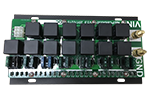
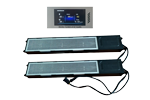
.png)
